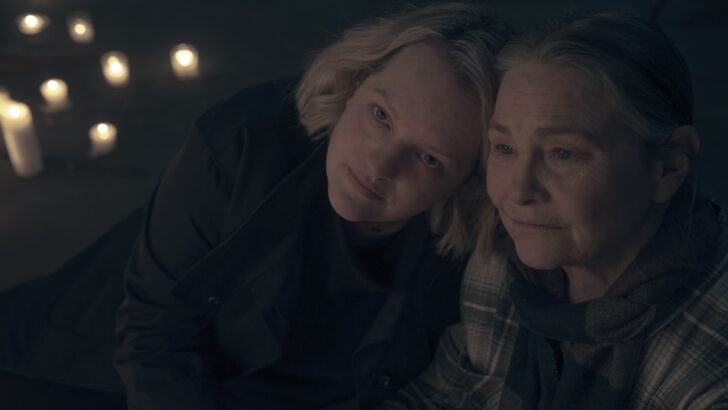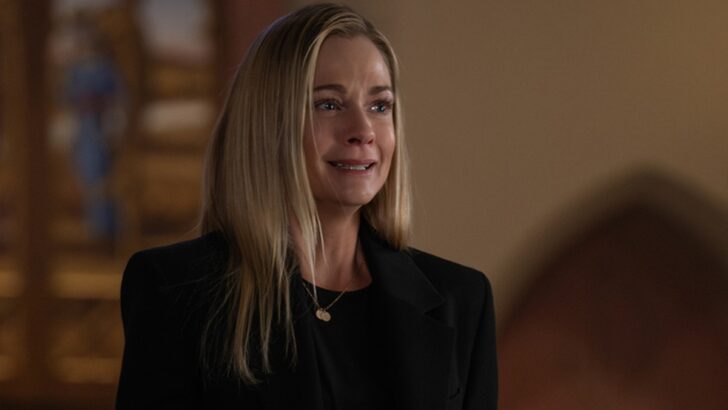How do you end a show as powerful as The Handmaid’s Tale?
The finale could have gone in many directions — devastation, liberation, ambiguity, or some tangled mix of all three.
After six seasons of trauma, rebellion, and hard-won resilience, the question wasn’t just what the ending would be, but who would get to define it.
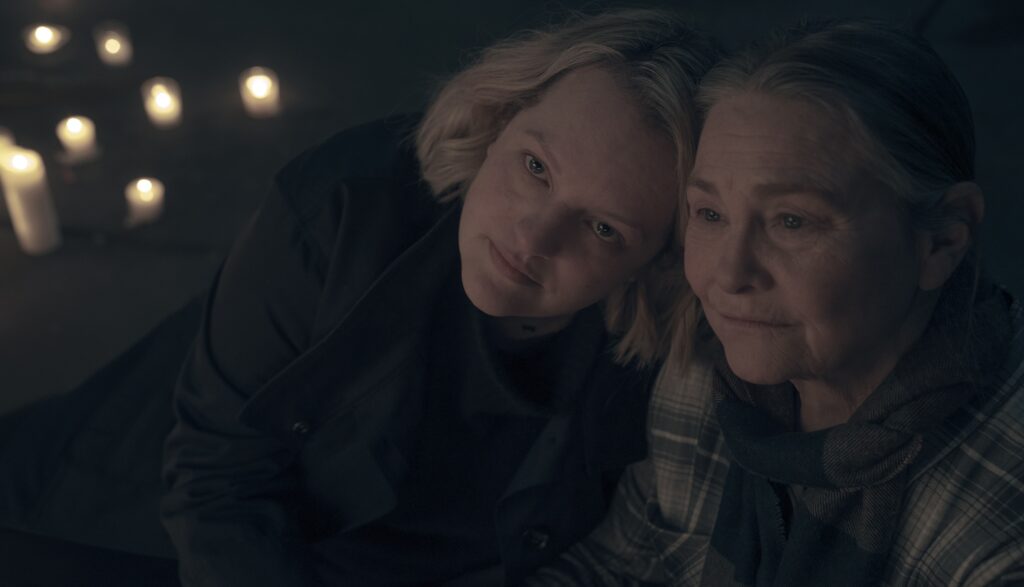
Would June finally find peace? Would Gilead fall? Would justice arrive loudly, or be quietly stolen away again?
The Handmaid’s Tale has never offered easy answers. Its brilliance has always lived in the gray — in the spaces between vengeance and survival, rage and love, faith and fire.
So if we walked into this final hour with fear, hope, and a heart full of cautious expectation, it’s because the show earned every bit of that tension.
And it delivered — not with spectacle, but with soul.
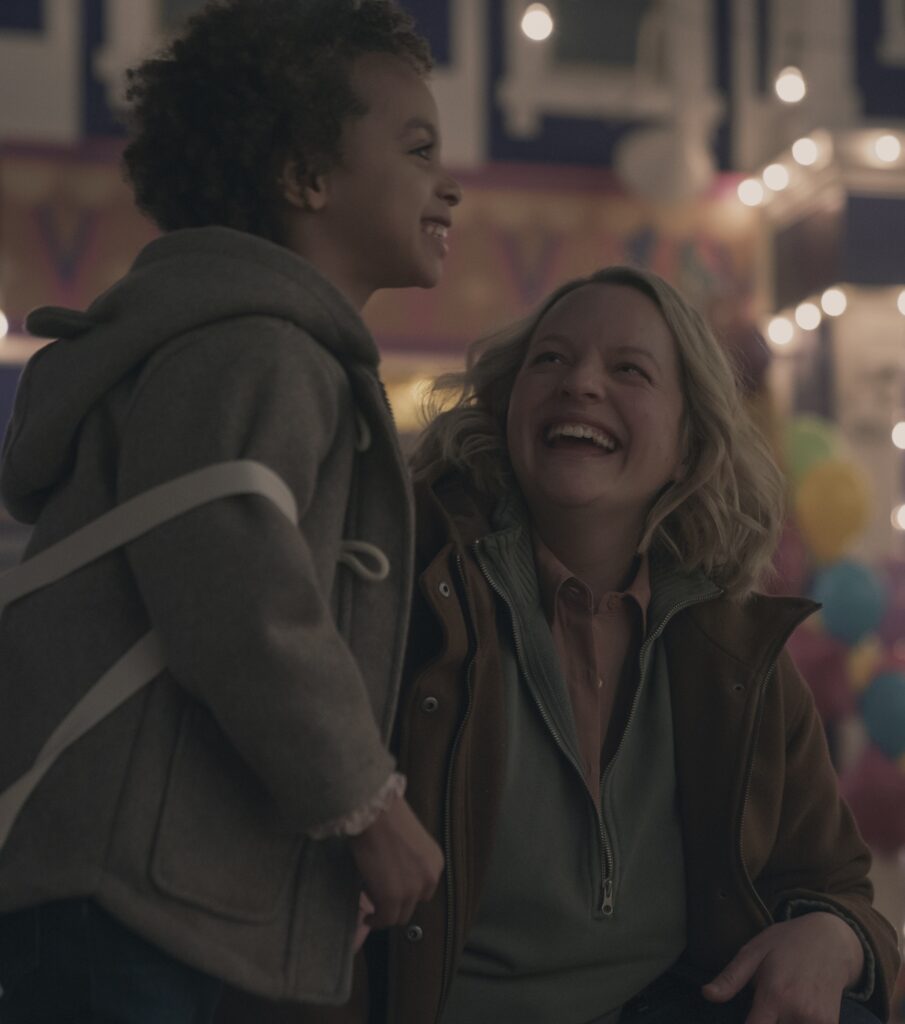
A Beginning Masquerading as an Ending
No show has ever weaponized quiet as effectively as The Handmaid’s Tale. And the finale begins not with violence, but with absence. Boston is free, but there are no cheers.
The wall is now a memorial, but its scars are still fresh. The red robes are gone, but the weight they carried remains in the air.
This is peace, yes — but peace that has been earned only partially. It’s the kind of stillness that follows a storm, when you’re too tired to celebrate and too grateful not to cry. Scarred. Weary. But standing.
It would be easy to mistake this episode as a victory lap. But instead of rushing toward closure, the show sat quietly inside the mess. It asked: What happens when the battle is won but the war goes on?
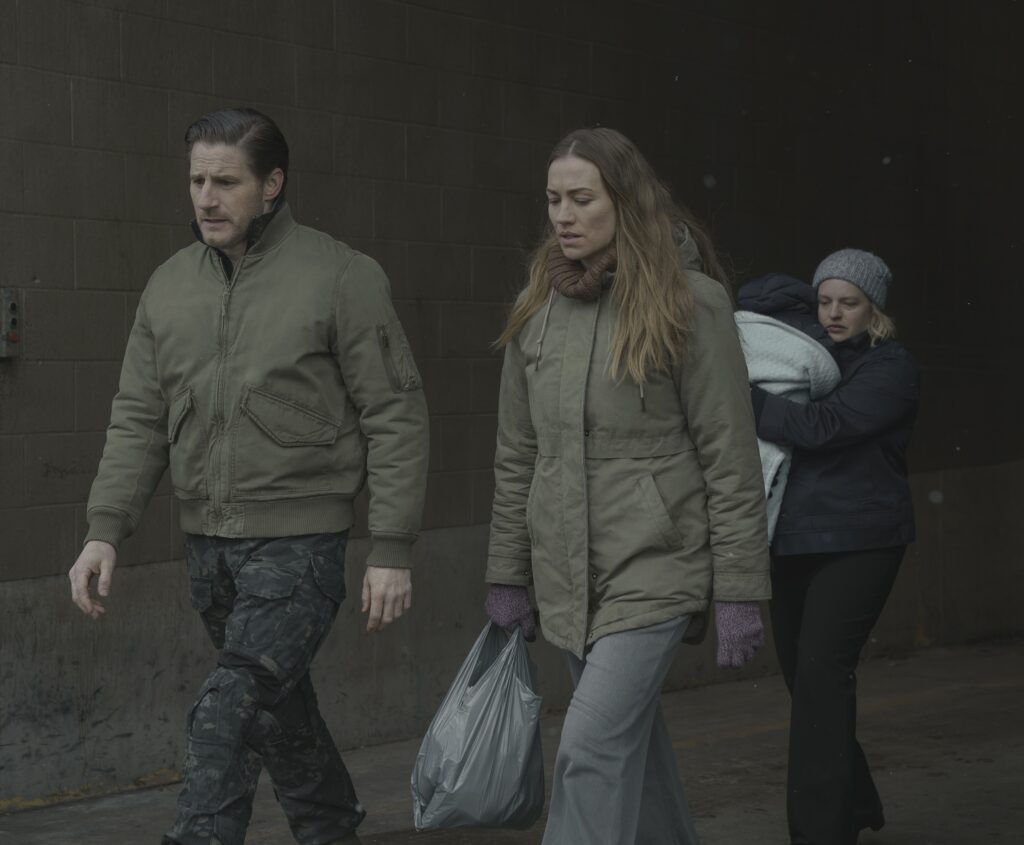
Because Gilead didn’t collapse, it retreated. And in a stroke of poetic justice, the reshuffling of power triggered by the Commanders’ deaths causes MacKenzie to move Hannah out of Colorado and closer to June. Not farther. Not hidden away. Just down the road in D.C. — within reach.
For the first time in a long time, Hannah’s rescue feels possible.
The Ghosts and the Gifts
Grief lingers like smoke after a fire, and June breathes it in every day. She doesn’t know how not to. Her life is quieter now, but quiet doesn’t mean healed.
The ghosts walk beside her: Nick, Hannah, and the imagined life that might have been. Her dreams feel cruel in their beauty. So close, so normal. So gone.
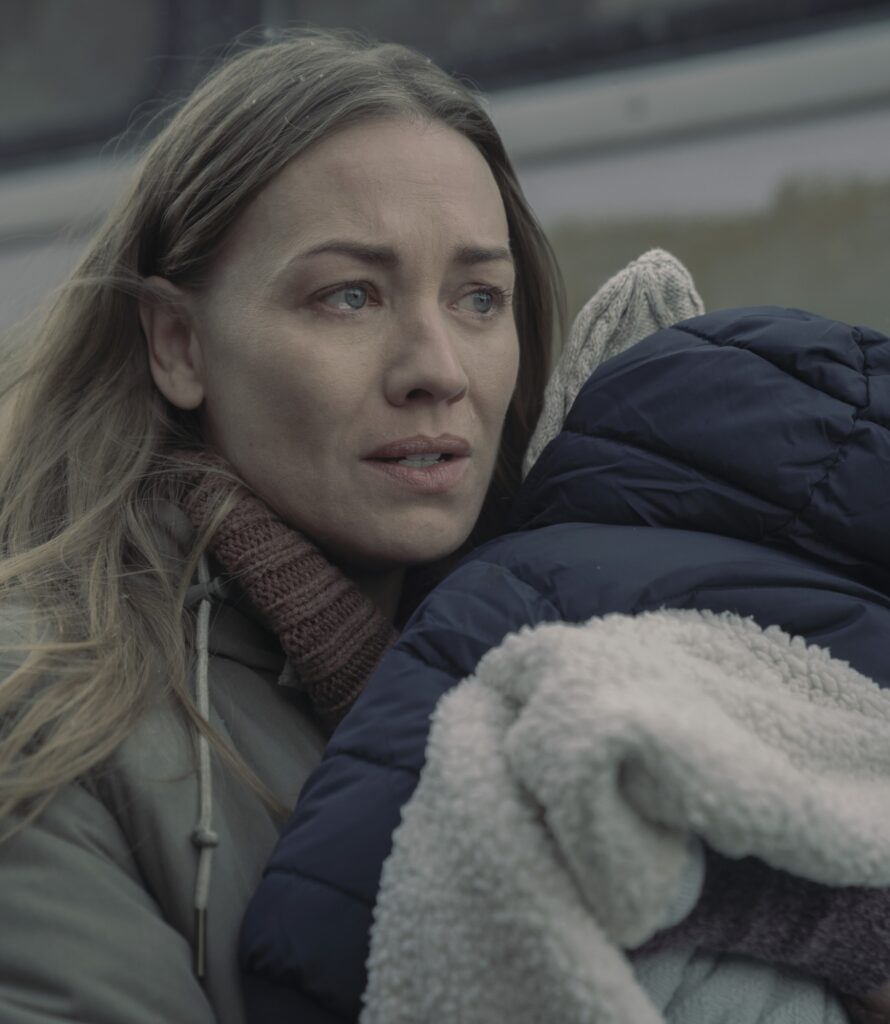
She visits Serena; she holds Noah. And for the first time, maybe ever, the two women feel like equals. Not allies. Not enemies. Just two mothers, grieving the same past, grasping for the same future.
Serena shows up changed, not redeemed, but aware. Her apology isn’t for show. It’s earned. And when June forgives her, it’s not to absolve. It’s to move forward.
Because forgiveness isn’t weakness, it’s armor.
“Write It Down”
There’s something radical about telling a woman her story matters — that she doesn’t need to trim it, soften it, or package it for easier consumption — that it can be ugly, violent, incomplete, and still worth hearing.
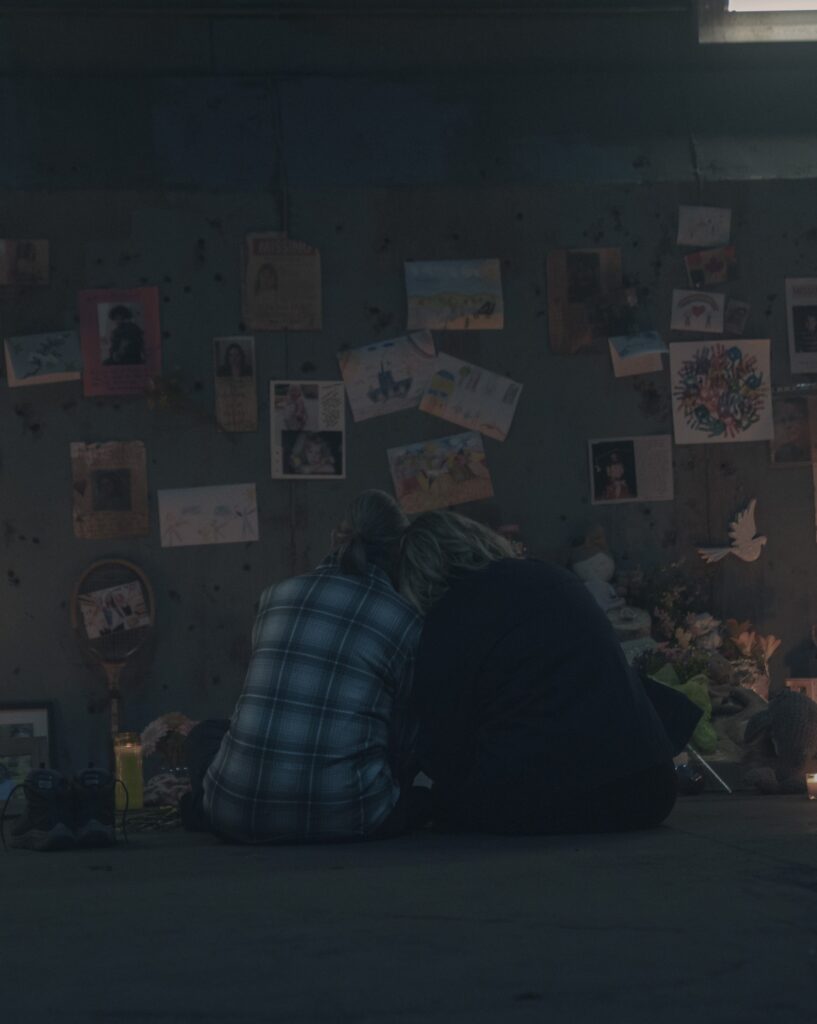
June tells Holly she’s not sure it’s a good story. There’s too much violence. Too much loss.
But Luke reminds her that it’s not just about what was taken. It’s about what endured — the people she loved, the ones who loved her in return, the relationships that made the pain survivable. And those people deserve to be remembered, no matter what happened to them.
The directive to write it down — first from Holly, then from Luke — anchors the entire episode.
Because June’s story isn’t just hers, it belongs to every woman who lost a child, found a friend, chose to fight, or simply kept going.
This isn’t a story about those who were lost. It’s about those who refuse to stop searching.
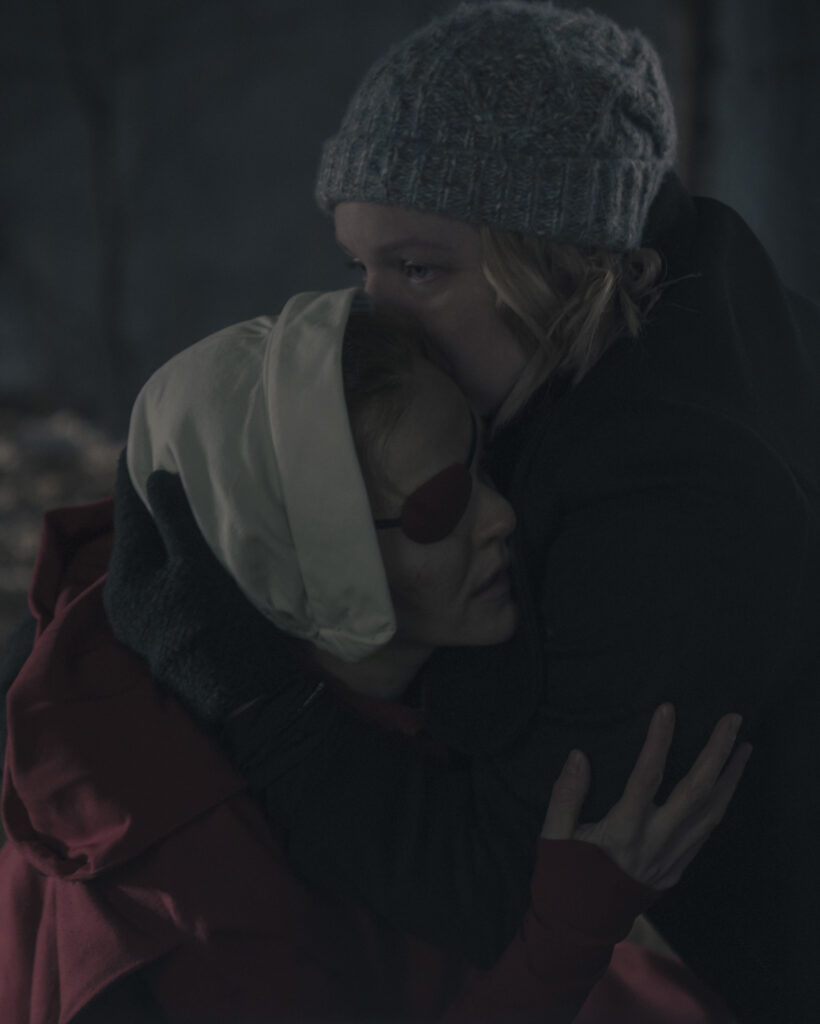
Janine, Emily, and the Slow Return to Self
Some of the most powerful moments of this episode don’t come with a score or speech. They arrive in glances, in hesitation, in the long-delayed joy of being seen.
Janine’s reunion with June is one such moment — two survivors clinging together again after everything. And when Naomi hands Janine her daughter, there are no big words — just a breath, a knowing, a crack of sunlight in a life long lived in shadow.
Emily’s return is quiet but deeply felt. She’s still sharp, still dry, still fractured — but not unreachable.
Her presence is a reminder that healing doesn’t have to be linear. It doesn’t even have to be visible. Sometimes, it’s simply about showing up. And my God, were we happy that she showed up.
And the wall, which still holds a few bodies, reminding us of its use as a tool of fear and punishment, also bears names reclaimed in graffiti. My name is Maika. My name is Emma. The wall that once silenced now speaks through paint and through memory, through refusal to be forgotten.
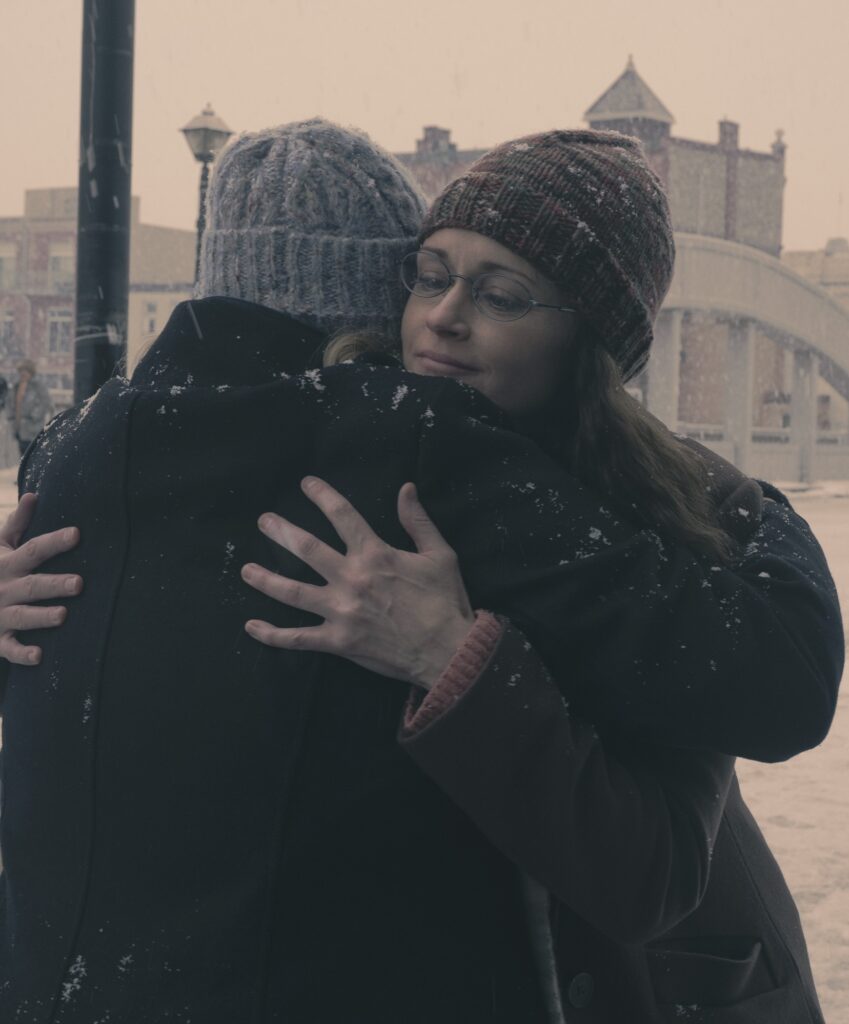
A Final Flame, A First Page
The burned ruins of the Waterford house are symbolic, but not just for June. They’re a monument to everything Gilead built and destroyed. June doesn’t go there to mourn. She goes to reclaim what was stolen — her voice, her history.
She steps through the front door — the same one she was once forbidden to enter. And with a recorder in hand, she starts to speak, verbalizing what will become The Handmaid’s Tale. June’s last words for us are easier to hear than they once were.
“My name is Offred.”
This time, it isn’t compliance, it’s confrontation. She is not erasing what happened to her. She is making sure it never gets erased again.
This is the first page of something bigger. It’s not a sequel or a promise, but a record. It’s the truth in her own words. No more silence. No more fear.
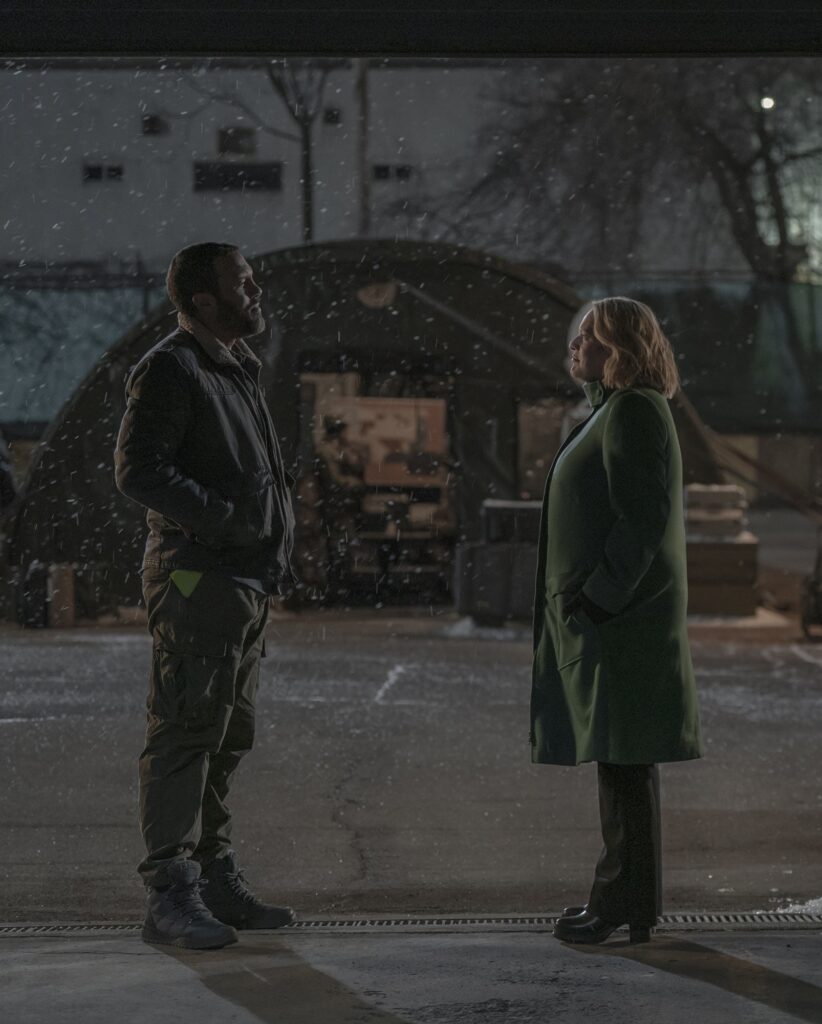
Final Thoughts: Grace Without Erasure
Some finales aim to shock. Others to soothe. The Handmaid’s Tale chose instead to sit beside us and say: you are not alone.
The Handmaid’s Tale Season 6 Episode 10 wasn’t flashy. It wasn’t self-congratulatory. It didn’t try to tie every thread. What it did — with quiet, aching precision — was remind us that hope is not naïve, and that healing is not linear.
It honored the pain without drowning in it. It took its time with the grief, not to explain it away, but to let it breathe.
It gave each woman, each wound, each relationship room to settle into the quiet aftermath of war. Because it knows what many shows forget: healing is not a sweeping gesture. It’s in the pauses. The long looks. The stories we finally allow ourselves to say out loud. It gave us tears, yes, but also space.
Space for Janine to reunite with her child — a moment that didn’t need music or dialogue to matter. Just a mother, and a moment, long overdue.
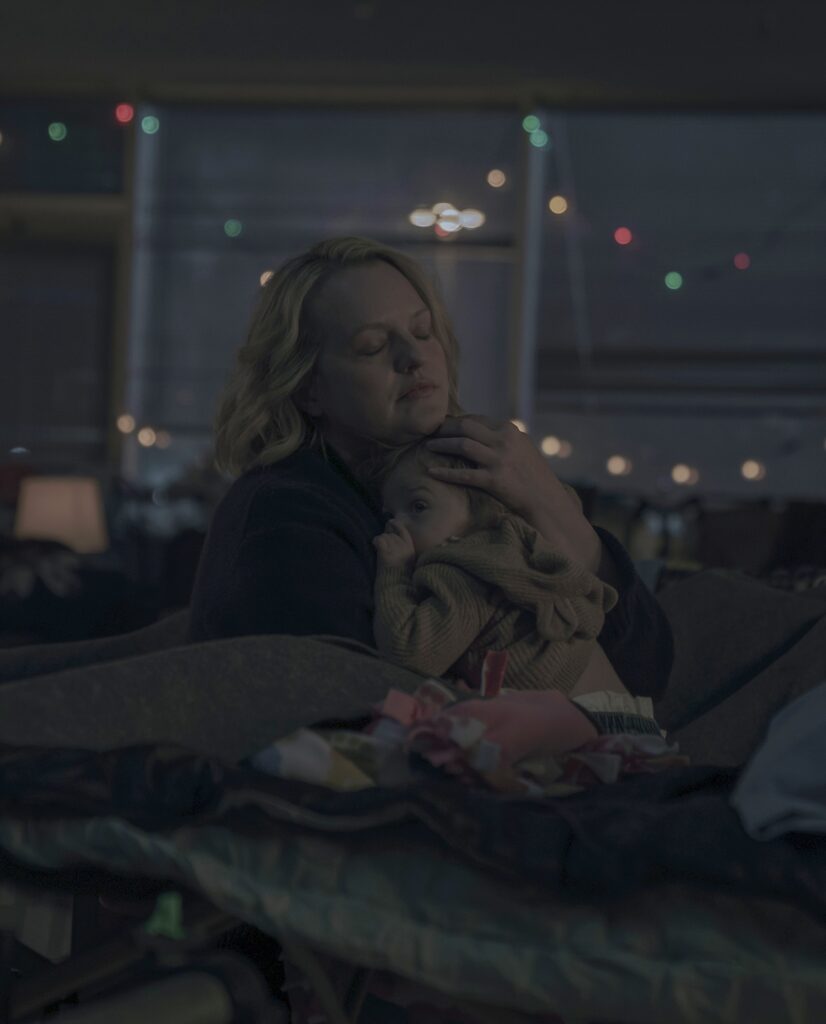
Space for Serena to mother without a nation — and to do so with less power, but maybe more purpose. Her apology to June wasn’t absolution. It was acknowledgment. And in that, she became more human than she’d ever been.
Space for June to write — because when women write their stories, they own the ending. And for a woman who has survived the worst, ownership is everything.
And space for all of us — viewers, readers, survivors — to ask ourselves: How far are we from Gilead, really? What are we doing, here and now, to stop the slow march toward it?
Women can’t do this alone, and we don’t want to.
And the finale? It made it clear that we won’t have to.
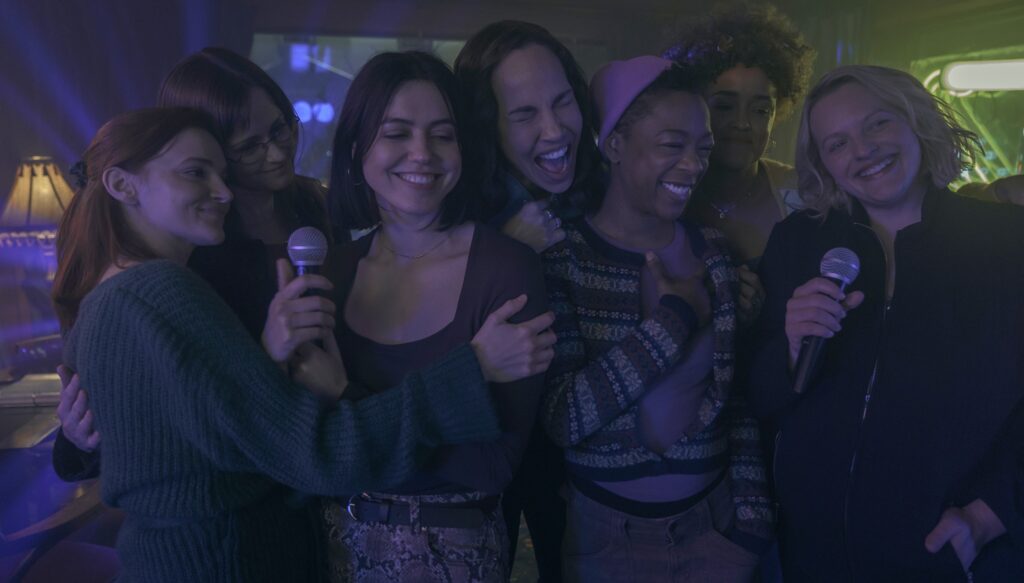
But What About You?
The finale left us in tears — not just for what we lost, but for what we still carry. So now we turn it over to you:
- What moment hit you hardest?
- Did June get the ending she deserved?
- Have your feelings about Serena changed?
- What does healing look like after something like Gilead?
- And if you were to write it down, what part of your own story would you start with?
Tell us what The Handmaid’s Tale meant to you — and what you’ll carry with you now that it’s over.
Watch The Handmaid's Tale Online
-
The Handmaid’s Tale Series Finale Review: A Story Worth Telling
The Handmaid’s Tale ends not with spectacle, but with soul. A finale full of grace, grief, and the power of a woman finally writing her story in her own voice.
-
Characters of the Week: Criminal Minds and The Handmaid’s Tale Are Riveting
Our Characters of the Week are riveting and encapsulated the complexities of life, morality, and humanity. Check them out here!
-
The Handmaid’s Tale and the Quiet Death of Male Redemption
After six seasons of complicity, loss, and quiet survival, The Handmaid’s Tale finally showed us what happens when its men fail to rise with the women.
The post The Handmaid’s Tale Series Finale Review: A Story Worth Telling appeared first on TV Fanatic.


